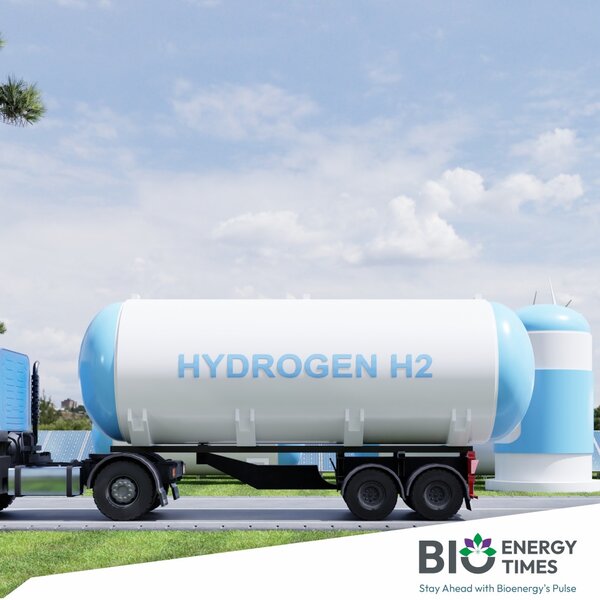On June 29, the World Bank approved $1.5 billion in financing to accelerate India’s development of low-carbon energy.
“The financing aims to advance India’s adoption of low-carbon energy by scaling up renewable energy, developing green hydrogen, and catalyzing climate finance for investments in low-carbon energy,” the World Bank stated in a blog post.
This approval follows last year’s June 2023 approval of the $1.5 billion First Low-Carbon Energy Programmatic Development Policy Operation. This initiative supported the waiver of transmission charges for renewable energy in green hydrogen projects.
The financing will focus on enhancing market capabilities for green hydrogen and scaling up renewable energy, while also stimulating finance for low-carbon energy investments, according to the statement.
The second phase of the Low-Carbon Energy Programmatic Development Policy Operation will support reforms aimed at boosting the production of green hydrogen and electrolyzers, which are essential technologies for green hydrogen production. It will also facilitate reforms to increase renewable energy penetration, including incentives for battery energy storage solutions and revisions to the Indian Electricity Grid Code to enhance integration of renewable energy into the grid.
Acknowledging the necessity of decoupling India’s economic growth from emissions growth, the World Bank underscored that achieving this separation will require scaling up renewable energy, particularly in challenging-to-abate industrial sectors.
The World Bank emphasized the need for India to expand green hydrogen production and consumption and accelerate climate finance to mobilize investment in low-carbon initiatives. The reforms supported by this operation are anticipated to result in annual production capacities of at least 450,000 metric tons of green hydrogen and 1,500 MW of electrolyzers starting from the fiscal year 2025-26.
Additionally, the operation will increase renewable energy capacity and contribute to reducing emissions by 50 million tons per year. It will also advance efforts to further develop a national carbon credit market.














